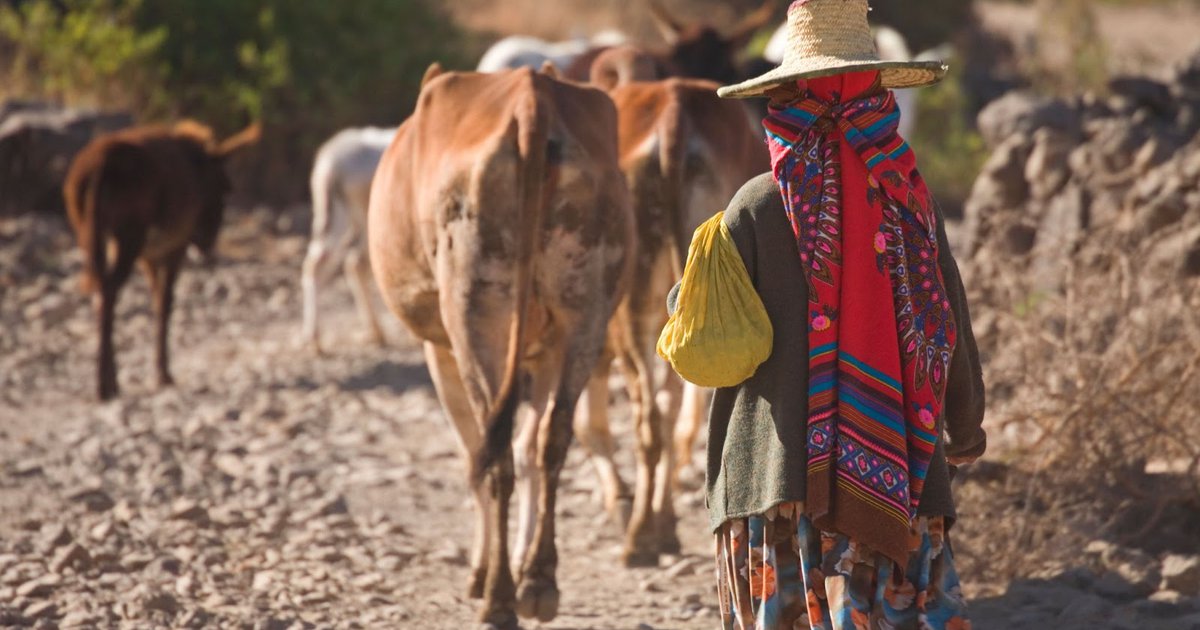
Many people in Yemen are facing a dire situation. Teachers, like many other workers in the country, have been pushed into extreme poverty, which has displaced many or forced them to take up other professions to make ends meet for both themselves and their families.
With the advent of the holy month of Ramadan, the cost of living for families increases with extra expenses such as Iftar meals. But this year, Ramadan comes amid a severe humanitarian and economic crisis, which was exacerbated by the COVID-19 pandemic, as well as cuts on aids by NGOs who were providing support for those in need, due to the dwindling volume of international aid to the country.
Forty-six-year-old Sana* , wakes up early while fasting, to graze livestock. She is neither a shepherd nor a farmer. Sana has been a public school teacher in Dhamar, south of capital city Sana’a since 1996. She took on extra work with livestock in addition to teaching, so that she could provide for her family.
She told openDemocracy that her teaching salary was not even covering the cost of transportation or a meal.
The situation started deteriorating when the salaries of public employees, teachers included, were cut following the Huthi’s takeover of Sana’a in 2015 and the decision to move the government and central bank to the southern port city of Aden in September 2016.
This move led to a decrease in the currency exchange rate. Today one USD is worth 600 Yemeni Riyals of the northern currency used in the Huthi territories, compared to 250 previously. In addition to this, Sanaa’s government pays only half a salary to public sector workers whenever possible.
Juggling two jobs
Sana had to buy and raise animals to make ends meet. “A year ago, I thought to buy livestock and keep them at a neighbor’s place to take care of them, so that in the future we can share the profit equally. But time passed and the neighbors refused to take them, so I had to care for, clean and graze them myself. And their number gradually increased,” she explains.
“Breeding and grazing stock is not an easy task, but it is still much better than teaching since there are no salaries amid the present difficult financial situation. What helped me through this was need, patience and my love for animals,” she adds.
But she also needs to keep her teaching position since the government forces teachers to attend otherwise they would lose their jobs. She explained: “I keep attending so I don’t lose my job, just in case one day the situation is better and life gets back to normal”. Addressing the government she adds, “have mercy on us and pay us our salary to spare us this disarray”.
Sana is planning to sell her stock in the summer to earn money for her family.
Cutting aid
Sana describes the situation this year as much more difficult than the previous one, “In the last couple of years, the situation was better during Ramadan, thanks to the UNICEF benefits we received. It helped us pay for Ramadan supplies and buy the Eid clothes… but this year, these aids were discontinued, which put us in an ordeal.”